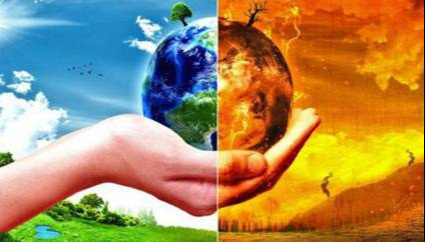
Havana, December 7 (RHC)-- The effective implementation of the government's Tarea Vida (Task Life) strategy to confront climate change through policies that facilitate adaptation and mitigation are the contributions of the Third National Communication in Cuba.
The latter, along with the First Biennial Update Report to the United Nations Framework Convention on such variations in temperatures and other patterns, were initiated in 2018 and concluded on schedule by the Ministry of Science, Technology, and Environment (CITMA).
According to Granma newspaper, it had the financial backing of the Global Environment Facility and, as implementing agency, the United Nations Environment Program Office in the Caribbean country.
Doctor of Science Eduardo Planos Gutiérrez, director of the project, told the newspaper that the document shows the progress in adaptation and mitigation in compliance with the commitments acquired by the island as a signatory of the United Nations Framework Convention on Climate Change, among others.
Planos Gutiérrez said that it also contains the advances registered on the inventory of greenhouse gases and mitigation, transfer of technologies, communication and environmental education, scientific research, capacity building, South-South cooperation, work in social networks and public information.
In the researcher's opinion, the completion of the project will strengthen Cuba's technical and institutional capacity in the subject, promote the integration of knowledge and information related to climate change, the link with the priorities of sectoral and territorial development.
According to what was stated in the Third National Communication, the studies carried out in recent times corroborate the trend that the climate in the largest Antillean Island is moving towards a behavior with characteristics similar to those of a greenhouse effect, intensified in the Earth's atmosphere.
The conclusions are based on recent findings of a 1.0 degree Celsius increase in the average annual temperature and a 2.0-degree increase in the minimum yearly temperature for the period 1951-2017, and the verification that each of the last three decades were warmer than all the previous ones.
Likewise, the occurrence so far this century of three more significant drought events (2003-2005, 2009-2010, and 2014-2015), while the warm periods are more frequent and prolonged, and the cold ones decrease during the interval 1980-2017.
It forecasts a hotter, drier, and more extreme climate by the end of the 21st century with an increase in mean annual air temperature of more than 1.0 degrees Celsius in 2030 and 3.5 in 2070, and a reduction in precipitation of at least close to 10 percent compared to the current national average.

